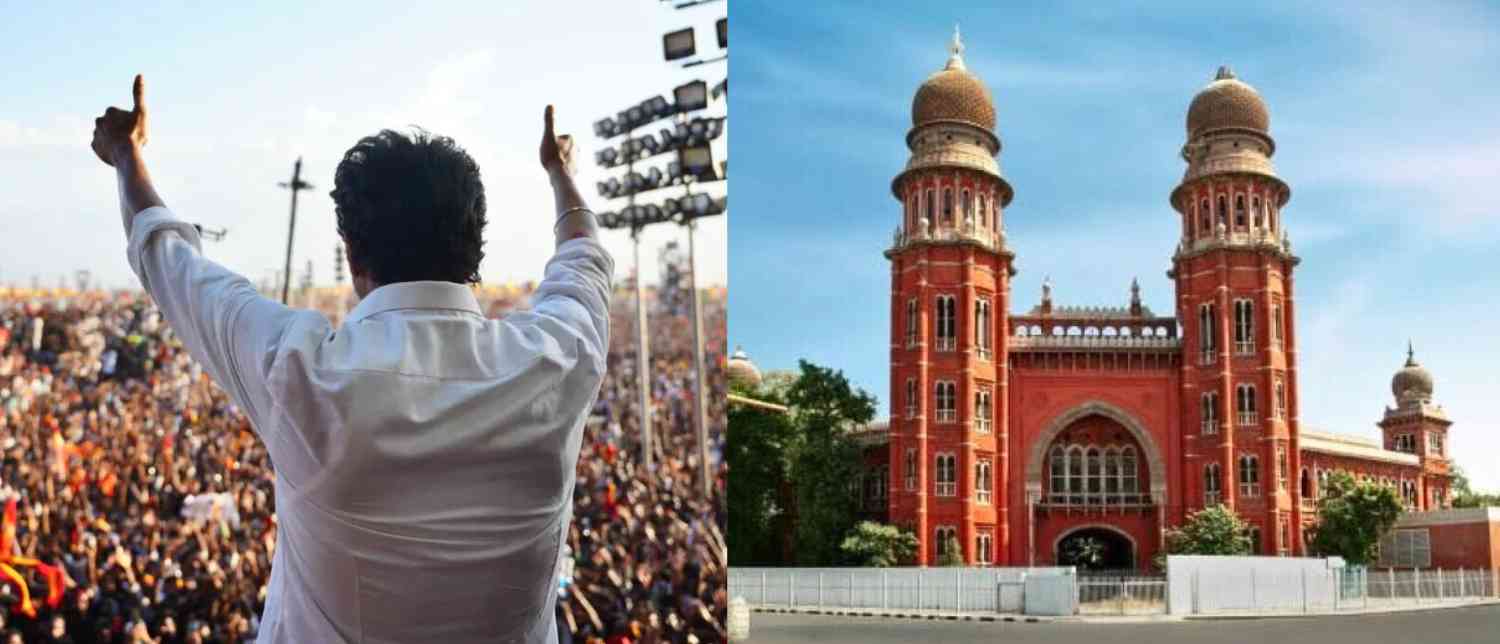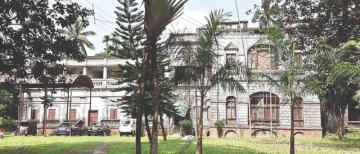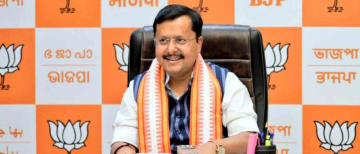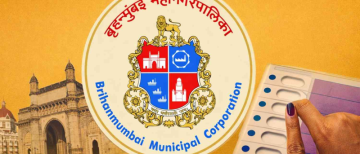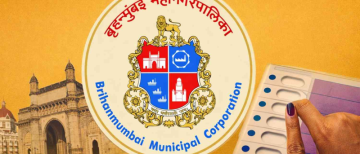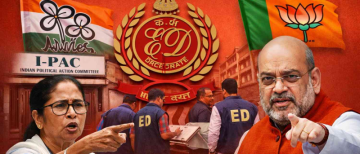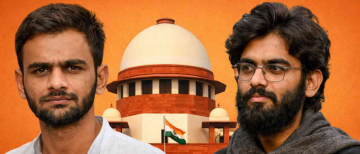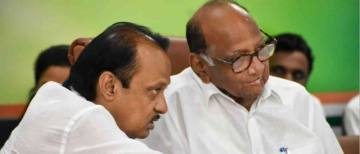The Madras High Court last week denied anticipatory bail to key functionaries of the Tamilaga Vettri Kazhagam (TVK) party in connection with the catastrophic Karur stampede that claimed 41 lives at a rally organized by party leader, actor-turned-politician Vijay. The court's denial is a reflection of the seriousness of the charges and ongoing inquiry, in the wake of calls for accountability and just inquiry into the tragedy.
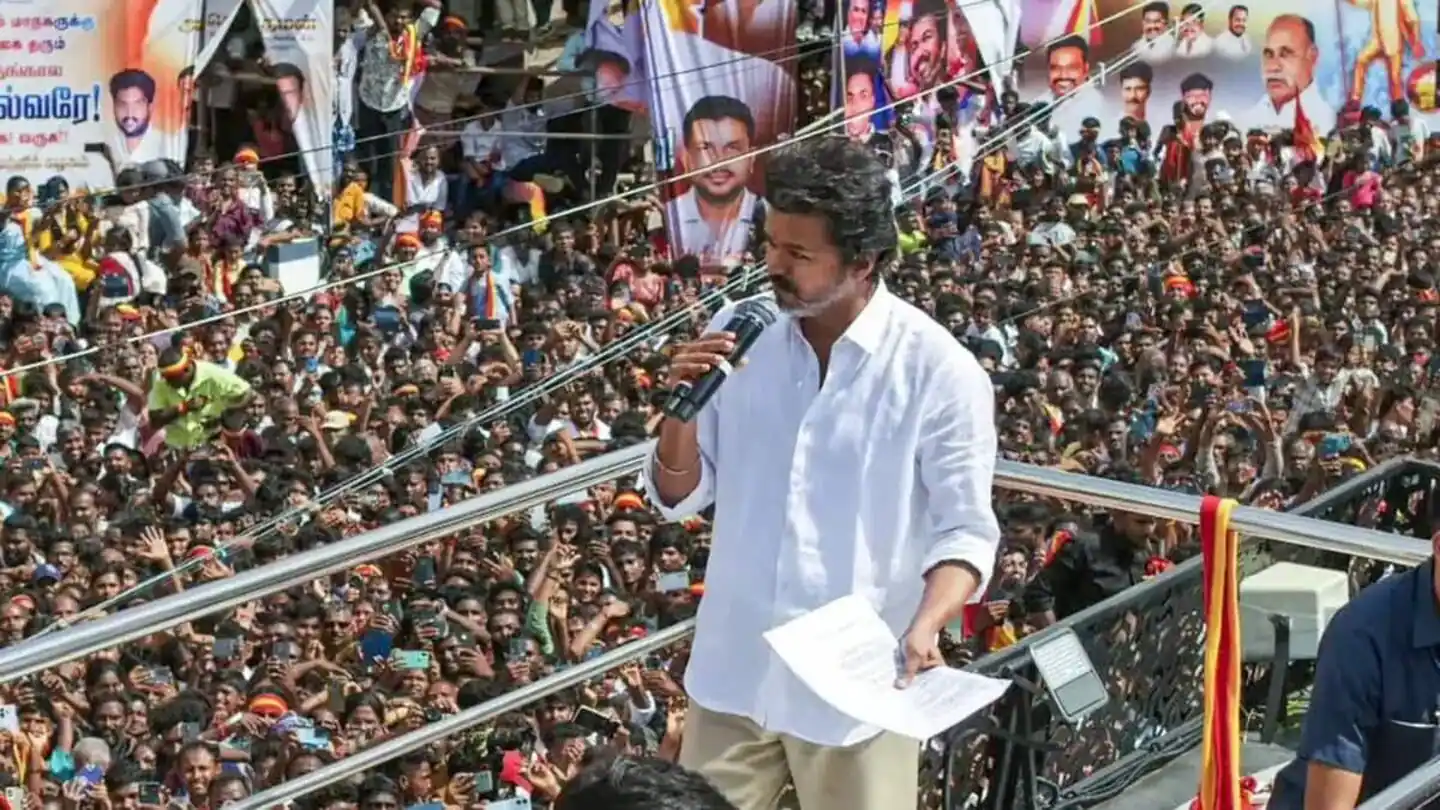
Karur stampede occurred on 27 September 2025 during a big public rally in Veluswamypuram, Karur district, where thousands of individuals had gathered to listen to Vijay speak. The massive crowd surge turned into a fatal stampede, where 41 individuals, including women and children, lost their lives and others got injured. After the incident, several TVK leaders like General Secretary Bussy Anand and Joint Secretary CTR Nirmal Kumar had been booked for culpable homicide not being murder and other crimes relating to safety of crowd and public order crimes.
The Madras High Court, presided over by Justice M Jothiraman and other benches, noted the gravity of the offences and the investigation stage as strong grounds to deny bail. The court noted that some of the victims were still under hospital care and the investigation had to continue without any interference. It referred to the alleged role of the TVK functionaries in failing to take effective crowd control and safety measures while conducting the event. The court also turned down the demands of TVK for a CBI inquiry, stating that the local police could conduct the probe and see no pressing reason to transfer the case to a central agency.
_1759563407.jpeg)
For the accused leaders, their bail application had argued that the tragedy was the result of inadequate police deployment and sudden power cuts shortly after Vijay began his speech. They further contended that the boisterous acts of rough crowd members, like weapon attacks and shoe throwing, triggered the chaos, causing the stampede. They contended that the abnormal unexpected crowd number attending was beyond their control. Nonetheless, state officials and judges persisted in denouncing this defence, stating that crowd management and public safety duties are placed upon event management and party officials.
The court's strong stance was further provoked by its condemns of inflammatory social media statements by other leaders of TVK, calling such remarks to have "seditious undertones" and ordering police to take action accordingly. It also laid importance on the lack of taking remedial steps instantly and condemned party leadership for what judicial officials have termed irresponsibility and failure to show appropriate remorse.
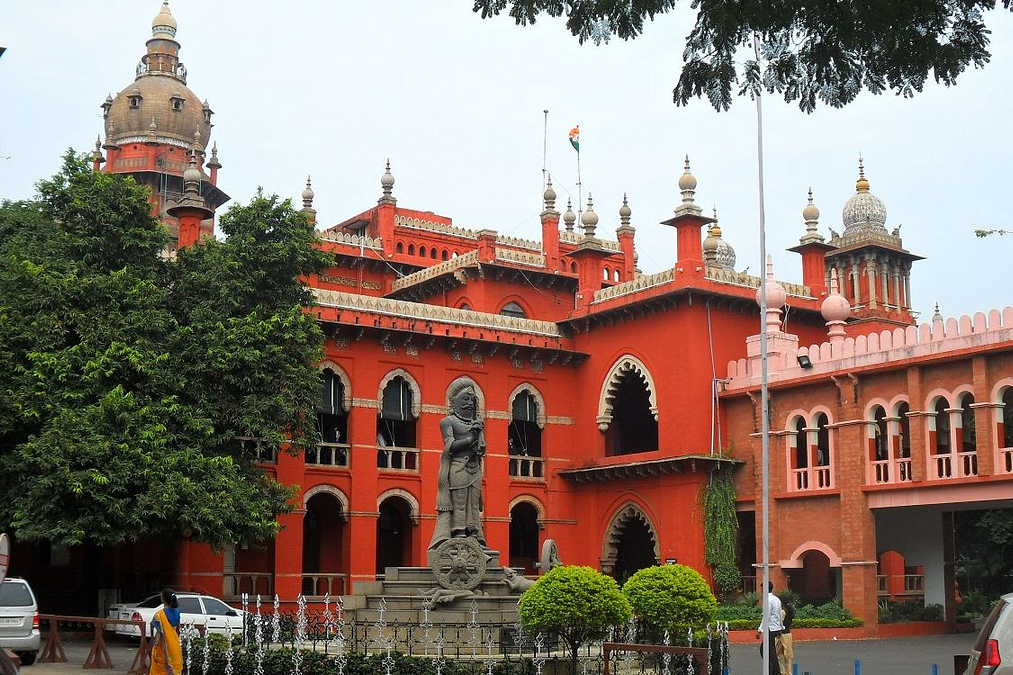
In a broader sense, Madras High Court set up a Special Investigation Team (SIT) to probe the incident thoroughly and suspended political rallies on state and national highways in Tamil Nadu for some time until appropriate standard operating procedures (SOPs) are framed. The court scolded the Tamil Nadu police for their delay of response and pointed out that the police must take more initiative to manage such vast public gatherings so that any such tragedies can be prevented in the future.
This entire incident brings out prominently concerns typical of political gatherings with masses of people — such as the need to plan meticulously, ensure adequate security measures, and immediate response in case of emergencies. The denial of bail to TVK officials reflects the judiciary's firm belief that one cannot escape accountability, especially when human lives are lost due to negligence or mismanagement. While the political parties usually blame the unpredictability of crowds for such occurrences, this episode shows the need for organisers to anticipate risks and work in tandem with authorities to ensure public safety.
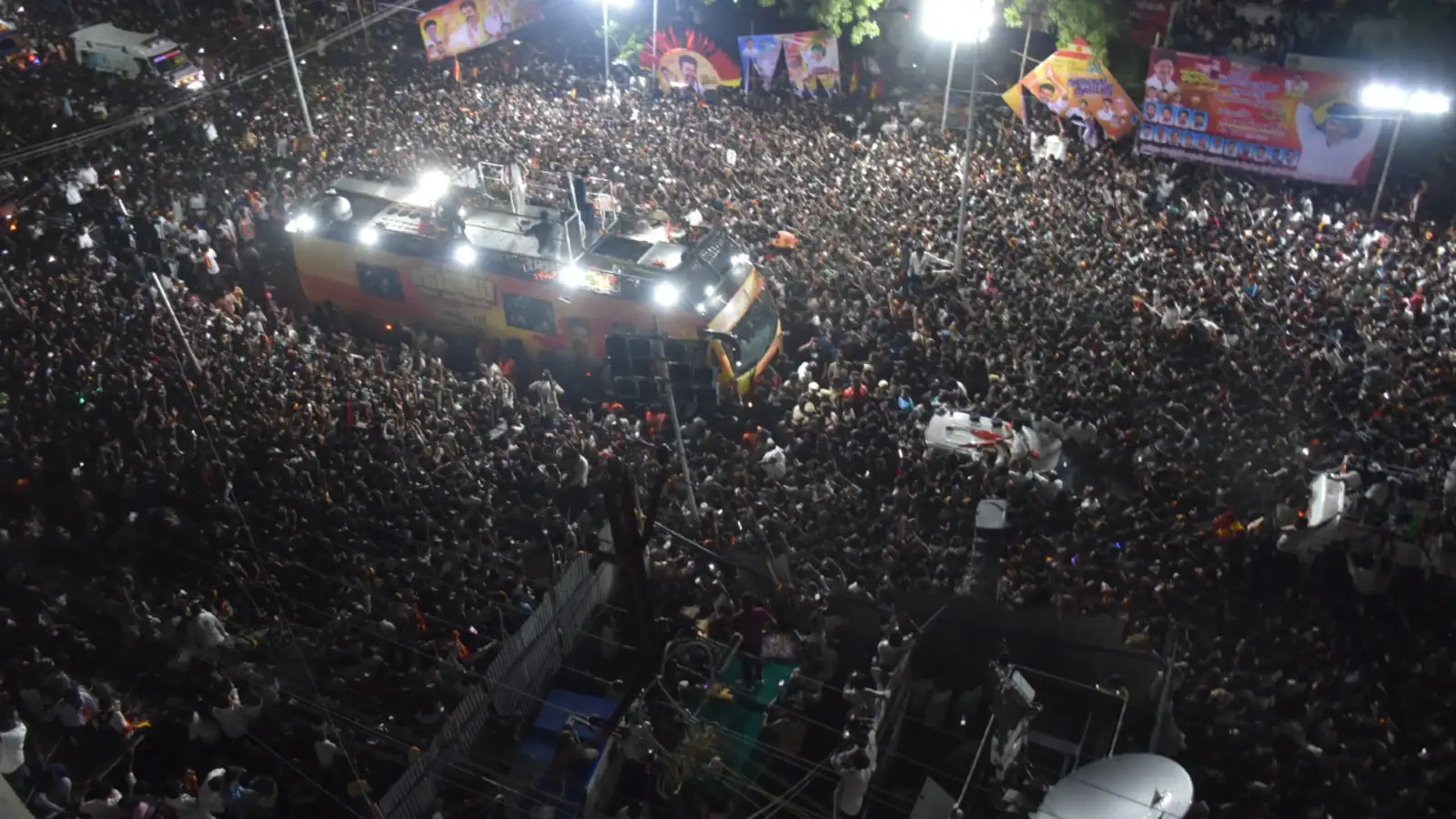
For the general public, the tragedy serves as a wake-up call that political zeal must be balanced with stringent safety measures. For the TVK and its management, the court directive is a call to accountability and to willingly cooperate with the investigation. The judicial system ascertains to what level of responsibility there is at an individual level and what alterations must be made in order to avoid such catastrophes in the future.
Lastly, the refusal to bail by the Madras High Court is not only a legal ruling but a statement on just how serious public breaches of safety are considered, especially when they are linked to political behavior. It highlights the party's responsibility for care and the state's responsibility to maintain order. This cautious but firm judicial approach can impact the way political rallies are held across Tamil Nadu and beyond, and can promote safer areas for democratic participation.
With inputs from agencies
Image Source: Multiple agencies
© Copyright 2025. All Rights Reserved. Powered by Vygr Media.

